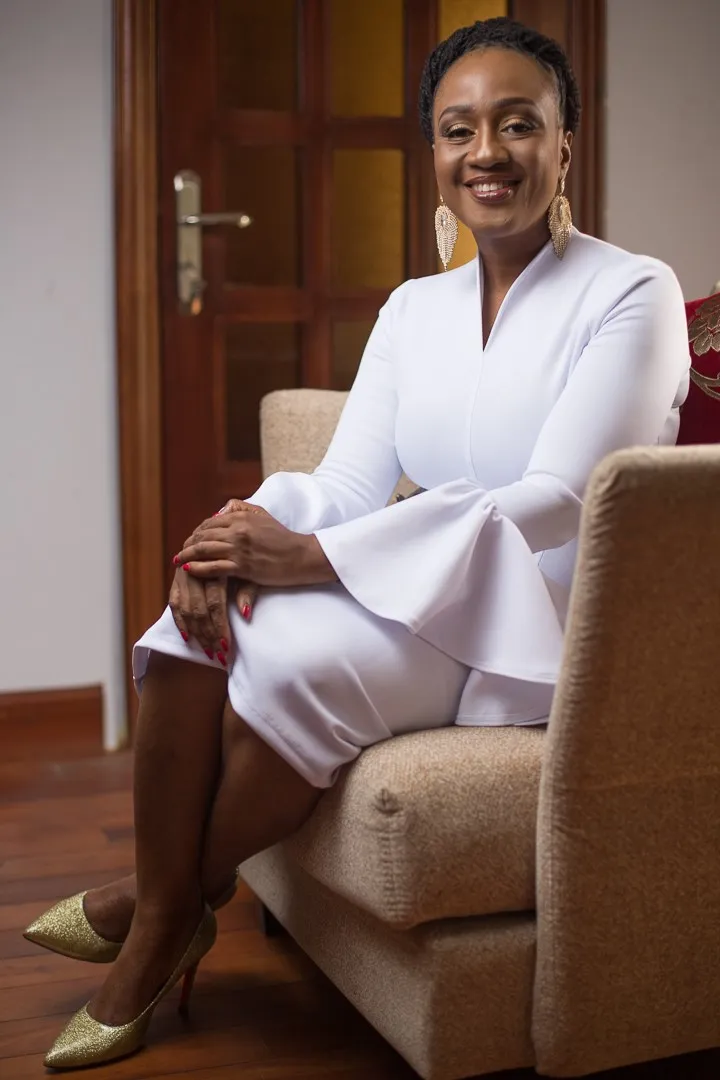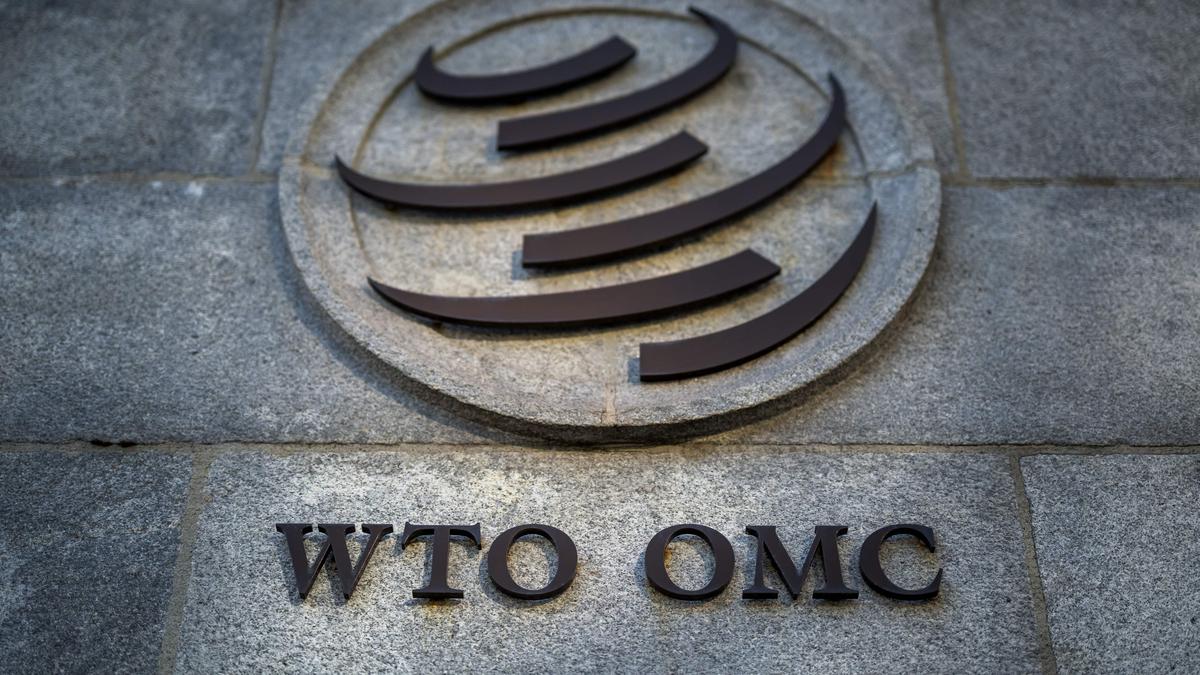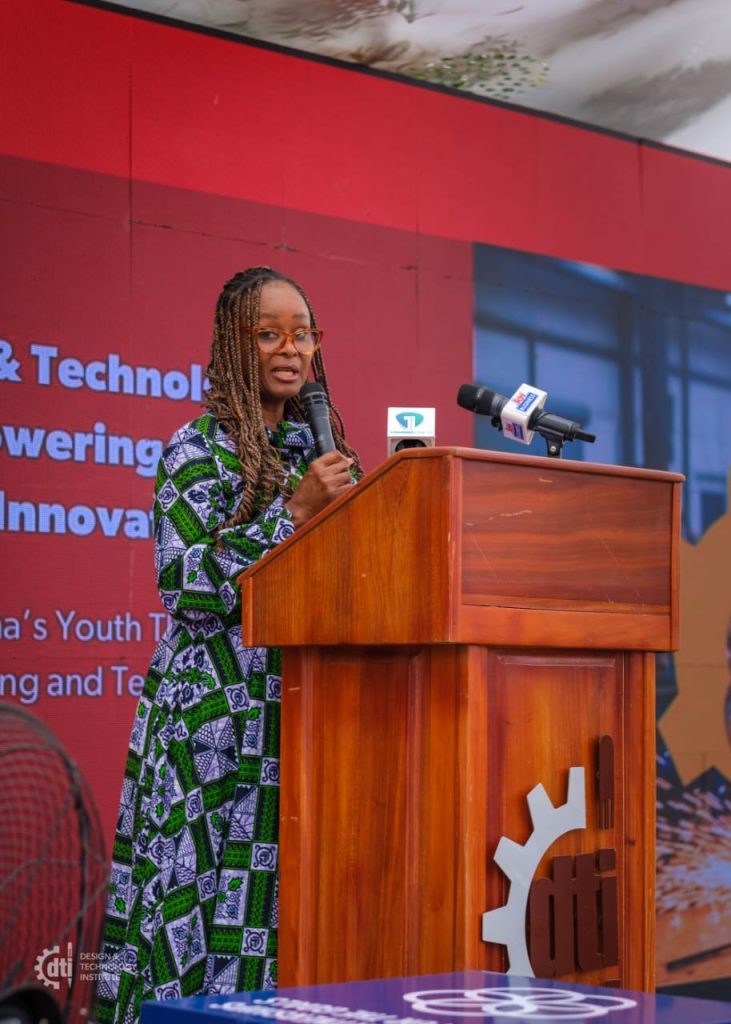Copyright thebftonline

Success in life extends far beyond what is written on your résumé. You can hold every qualification and credential imaginable, yet still struggle if you cannot connect with people, communicate with clarity, read a room, adapt to change, or truly listen. In today’s time, these “soft skills”—what I prefer to call human skills—have become the true differentiator between competence and greatness. A résumé lists achievements. It highlights your degrees, certifications, and milestones. It opens doors and earns interviews. But what keeps you in the room, what builds your credibility and influence over time, are the human qualities that shape how you show up every day. Your résumé tells your story on paper; your human skills tell your story in action. Human skills are the foundation of lasting success. They are what allow you to lead with empathy, think strategically, build meaningful relationships, and navigate complexity with resilience and grace. Emotional intelligence, adaptability, and curiosity are not “nice to have” qualities. They are core professional currencies. In a world where artificial intelligence can replicate knowledge, what remains uniquely human is our ability to connect, to feel, to think critically, and to inspire others. These are the skills that build unshakeable careers: careers that withstand disruption, evolve with change, and leave impact that outlasts any title or job description. The world of work has changed more in the past five years than in the previous fifty. Automation, artificial intelligence, hybrid workplaces, and shifting market expectations are rewriting what it means to be employable. Technical expertise may help you start a career, but adaptability and emotional intelligence determine how far you can go. According to the World Economic Forum’s Future of Jobs Report, the most in-demand skills globally include complex problem-solving, critical thinking, creativity, leadership, and emotional intelligence. These are not technical skills but human ones. They determine how well you can lead, influence, and collaborate in uncertain times. The pandemic revealed something profound: when systems collapse, it is human connection, empathy, and trust that hold organisations together. The leaders who thrived were not only strategic thinkers; they were compassionate communicators who could steady teams, foster belonging, and drive clarity amidst chaos. As I have often said, leadership begins with people, not processes. No algorithm can replace the power of listening. No machine can replicate genuine empathy. Technology may enhance efficiency, but it cannot build trust, repair broken relationships, or inspire people to believe in a shared vision. The future belongs to those who balance digital intelligence with emotional depth. What Makes Human Skills a True Career Asset Human skills are not abstract ideas; they are measurable behaviours that can be developed with intention. Here are the five human skills that sustain professional growth and create careers that stand the test of time: 1. Emotional Intelligence (EQ) EQ is the ability to understand and manage emotions, both yours and others’. EQ is one of the foundations of effective leadership. Daniel Goleman’s research shows that emotional intelligence is responsible for nearly 90% of the difference between high performers and peers with similar technical skills. EQ allows you to stay calm under pressure, manage conflict, and lead with empathy. It helps you navigate the human side of work; the side that determines whether your team trusts you or merely follows you. 2. Adaptability Change is constant. Resilient professionals are those who recalibrate quickly, adjusting their approach without losing sight of purpose. Adaptability, as I discussed in Turning Setbacks into Strategy, is not just about bouncing back. Being agile involves evolving forward with greater insight. The most unshakeable professionals are those who can pivot, learn, and lead confidently even when the path is uncertain. Empathy and Communication Empathy and communication are not separate skills but two sides of the same coin called relational intelligence. The most effective professionals do more than exchange information; they create understanding. They listen, not to reply, but to connect. They communicate, not to impress, but to influence. Strong relationships are the true infrastructure of high-performing teams. When leaders communicate with empathy, they foster psychological safety and nurture the kind of environment where creativity thrives and collaboration deepens. Empathy is not about being agreeable; it is about being aware. It is the ability to see beyond words, to read the energy in a room, and to respond with clarity and respect. This is how trust is built, and trust is the foundation of every sustainable career. Curiosity and a Growth Mindset Curiosity keeps you relevant. A growth mindset, as Carol Dweck’s research shows, is a better predictor of success than natural talent. Professionals who continually seek to learn and unlearn adapt faster to new challenges. Curiosity leads to innovation; it fuels creativity and the willingness to ask, “What if?” instead of saying, “That’s how we’ve always done it.” Resilience Resilience is the ability to turn challenges into strategy. It’s what separates those who give up from those who grow up. Resilient professionals view failure not as a personal defeat but as valuable feedback for future growth. They recognise that adversity refines rather than defines them. Human Skills in Practice Every professional, no matter their position or industry, depends on human skills to perform well. These skills often go unnoticed until challenges arise that technical knowledge cannot address. Entrepreneurs draw on human skills to inspire teams, attract investment, and navigate uncertainty. The most successful founders combine vision with clear communication that unites others behind a shared goal. Mo Abudu’s journey from limited means to global influence reflects how determination, adaptability, and emotional intelligence can turn an idea into lasting impact. In corporate settings, progress depends as much on influence as on performance. Qualifications may open opportunities, yet collaboration, conflict resolution, and strong communication are what earn credibility and trust. In demanding workplaces, empathy and clarity often speak louder than hierarchy. For young professionals entering today’s competitive job market, technical ability is only part of the picture. Presence, attentiveness, and respectful engagement create distinction. Communicating with confidence and authenticity remains one of the most valuable skills a professional can cultivate. From years of coaching, I have seen that the leaders who leave a mark are those who help others feel valued and capable. Strategy provides direction, but genuine human connection is what keeps teams committed and moving forward. Developing human skills requires deliberate effort. It is not about being naturally charismatic or emotionally expressive; it is about choosing to grow in how you show up. Here are four ways to strengthen these foundational skills: Practise Reflection and Feedback Take time to reflect on your interactions. Ask yourself: How did I make others feel? Seek feedback from mentors and colleagues. Self-awareness grows when you learn to see yourself through the eyes of others. Invest in Continuous Learning Stay curious. Read, attend workshops, and engage in conversations that challenge your thinking. The professionals who stay relevant are those who never stop learning, even when they reach leadership positions. Reframe Failure as Feedback Every setback holds a lesson. Failure is not personal. Failure is information. Learn to ask, What did this teach me? rather than Why did this happen to me? Build Meaningful Relationships Prioritise connection. Make time for genuine conversations. Celebrate shared successes. Relationships are the soil in which trust, creativity, and collaboration grow. Your résumé tells people what you have done. Your human skills tell them who you are. One lists your experiences; the other demonstrates your essence. In a world that changes faster than job titles can be updated, the ability to connect, adapt, and communicate with grace is your most sustainable advantage. Qualifications may open doors, but human skills keep those doors open and often unlock new ones. So, audit your own “human balance sheet”. Ask yourself not only What do I know? but How do I show up? How do you lead when no one is watching? How do you respond when things fall apart? Because in leadership, in entrepreneurship, and in life, it is not just your résumé that defines you. It is your resilience, your empathy, your ability to listen, and your courage to keep showing up. In a world chasing titles and trends, dare to build what lasts and that is your humanity. That is the real foundation of an unshakeable career. Are you ready for TRANSFORMATION? Dzigbordi Kwaku-Dosoo is a Ghanaian multi-disciplinary Business Leader, Entrepreneur, Consultant, Certified High-Performance Coach (CHPC™) and global Speaker. She is the Founder and CEO of The DCG Consulting Group. She is the trusted coach to top executives, managers, teams, and entrepreneurs helping them reach their highest level of performance through the integration of technical skills with human (soft)skills for personal development and professional growth, a recipe for success she has perfected over the years. Her coaching, seminars and training has helped many organizations and individuals to transform their image and impact, elevate their engagement and establish networks leading to improved and inspired teams, growth and productivity.



